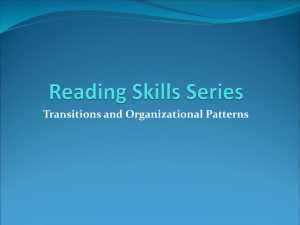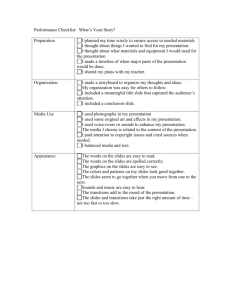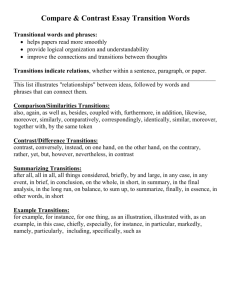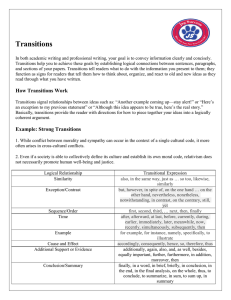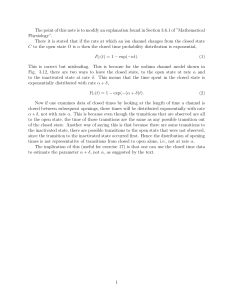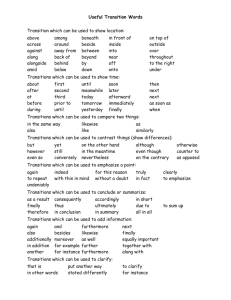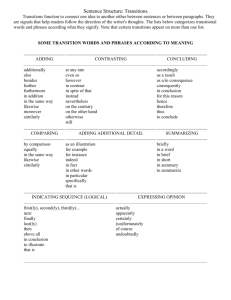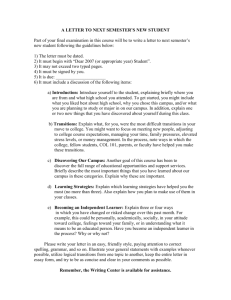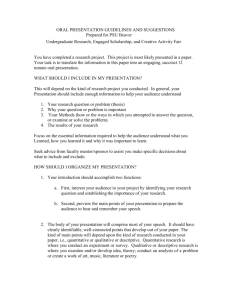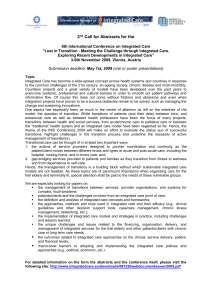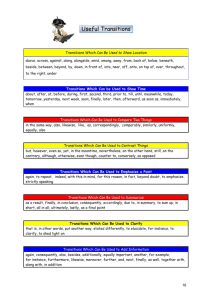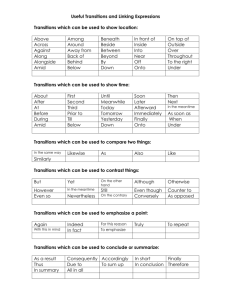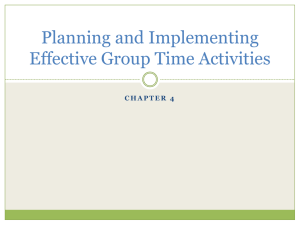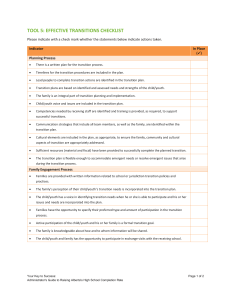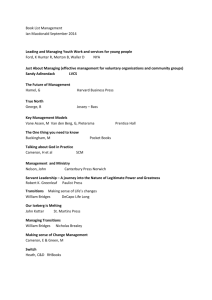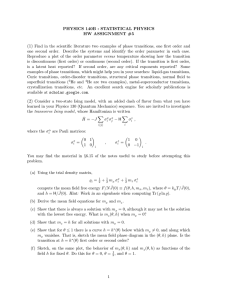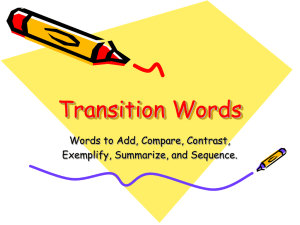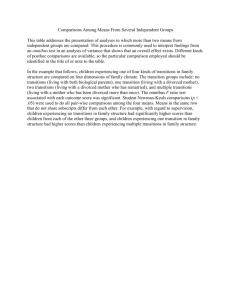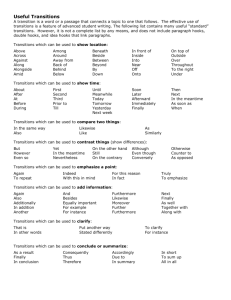Students At-Risk of Academic Failure
advertisement
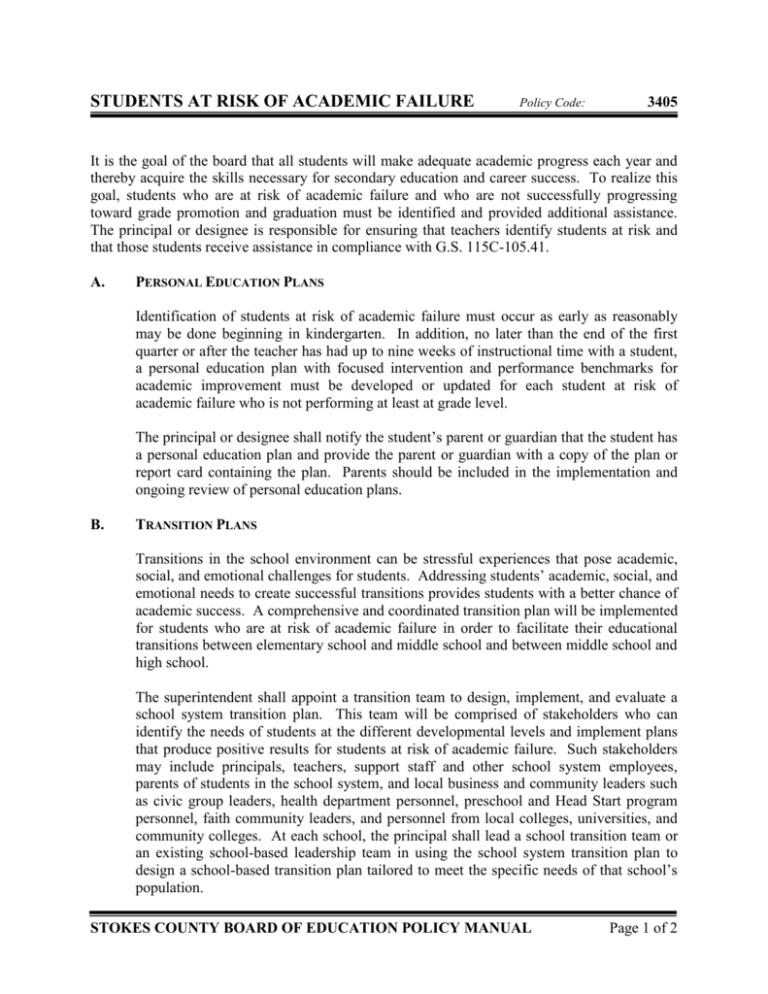
STUDENTS AT RISK OF ACADEMIC FAILURE Policy Code: 3405 It is the goal of the board that all students will make adequate academic progress each year and thereby acquire the skills necessary for secondary education and career success. To realize this goal, students who are at risk of academic failure and who are not successfully progressing toward grade promotion and graduation must be identified and provided additional assistance. The principal or designee is responsible for ensuring that teachers identify students at risk and that those students receive assistance in compliance with G.S. 115C-105.41. A. PERSONAL EDUCATION PLANS Identification of students at risk of academic failure must occur as early as reasonably may be done beginning in kindergarten. In addition, no later than the end of the first quarter or after the teacher has had up to nine weeks of instructional time with a student, a personal education plan with focused intervention and performance benchmarks for academic improvement must be developed or updated for each student at risk of academic failure who is not performing at least at grade level. The principal or designee shall notify the student’s parent or guardian that the student has a personal education plan and provide the parent or guardian with a copy of the plan or report card containing the plan. Parents should be included in the implementation and ongoing review of personal education plans. B. TRANSITION PLANS Transitions in the school environment can be stressful experiences that pose academic, social, and emotional challenges for students. Addressing students’ academic, social, and emotional needs to create successful transitions provides students with a better chance of academic success. A comprehensive and coordinated transition plan will be implemented for students who are at risk of academic failure in order to facilitate their educational transitions between elementary school and middle school and between middle school and high school. The superintendent shall appoint a transition team to design, implement, and evaluate a school system transition plan. This team will be comprised of stakeholders who can identify the needs of students at the different developmental levels and implement plans that produce positive results for students at risk of academic failure. Such stakeholders may include principals, teachers, support staff and other school system employees, parents of students in the school system, and local business and community leaders such as civic group leaders, health department personnel, preschool and Head Start program personnel, faith community leaders, and personnel from local colleges, universities, and community colleges. At each school, the principal shall lead a school transition team or an existing school-based leadership team in using the school system transition plan to design a school-based transition plan tailored to meet the specific needs of that school’s population. STOKES COUNTY BOARD OF EDUCATION POLICY MANUAL Page 1 of 2 Policy Code: 3405 The transition plans should be designed to encourage successful transitions that foster respect for individual differences, encourage understanding of the whole child, create a sense of trust and belonging, and reduce child and family anxiety about school. The plans must include an on-going evaluation process to verify that the outcomes established for the different transition levels are being accomplished and that these goals are updated as student data and environmental changes occur. Legal References: G.S. 115C-105.41 Cross References: Other Resources: Transition Planning for 21st Century Schools, N.C. State Board of Education/Department of Public Instruction, available at http://www.dpi.state.nc.us/docs/curriculum/home/transitions.pdf Adopted: July 19, 2010 Revised: February 18, 2013; October 21, 2013 STOKES COUNTY BOARD OF EDUCATION POLICY MANUAL Page 2 of 2
